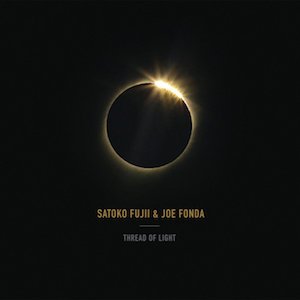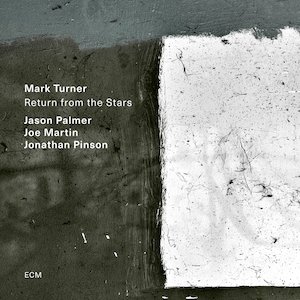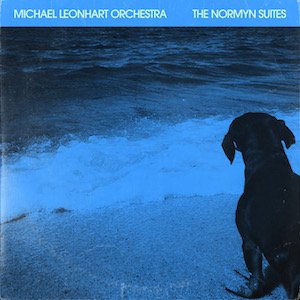Label: Intakt Records, 2022
Personnel - Yuko Fujiyama: piano, voice; Graham Haynes: cornet, electronics; Ikue Mori: electronics.
The classically-trained Japanese avant-garde pianist and improviser Yuko Fujiyama returns to the records after a four-year hiatus. Unlike many of her peers from the New York's downtown scene, she’s not a compulsive record-maker, but always brings strangely appealing attributes into her music. Adding to a meager discography, Quiet Passion consists of piano solos, duets, and trio efforts with co-workers, the American cornetist Graham Haynes and the Japanese electronics expert Ikue Mori.
The free-leaning set of tracks is launched with “Prologue”, where the initial intriguing mood - established by a piercing trumpet blow, amorphous piano whirls and sound manipulation - soon transforms into a less ambiguous design via oriented melodies and softer, if haunting, arpeggiated piano. Both “In Sadness” and “Korikaesu” are trio experiences containing enunciations of poems by Shuntaro Tanikawa. The latter piece is particularly interesting, starting with a dedicated piano motif that evolves into low-pitched patterns. Haynes then takes the front row, exploring timbres as he ekes out lachrymose lines and penetrating long notes.
Delivered with thoughtful precision, “Agitato” is a thunderous yet sophisticated piano-electronics piece that shows Fujiyama's love for Cecil Taylor’s atonalities. Also rendered in this duo format, “Leggiero” marriages wrangling piano staccatos and spatial digital modules, taking us to a satisfying narrative conclusion. The solo piano pieces stand out due to Fujiyama’s creative freedom and understanding of the keyboard range. She probes impeccable intervals, parallel movements, and offbeat rhythmic fluxes on “Piano Solo I”, whereas “Piano Solo II”, being shorter in duration, sparkles with vivid expression.
The trio’s clinical delineations brim with possibility, and “Improvisational Suite” offers both bustling dynamism and contemplative reverie. The three-part title track, which takes the album to a conclusion, demonstrates an inward lyricism rather than any type of dry mechanics. “Quiet Passion I” is a slow cornet-piano dance with no room for eccentricity; “Quiet Passion II” is a slightly eerie Fujiyama/Mori duet with lugubrious tones; and “Quiet Passion III” matches subtle abstraction with emotional depth while the trio describes strange places, ambiences and feelings.
With plenty of freedom and ornamentation in its sonic design, but never to the point of fussiness, this is high-quality avant-garde jazz that deserves to be heard.
Favorite Tracks:
03 - Korikaesu ► 05 - Agitato ► 07 - Piano Solo I








































